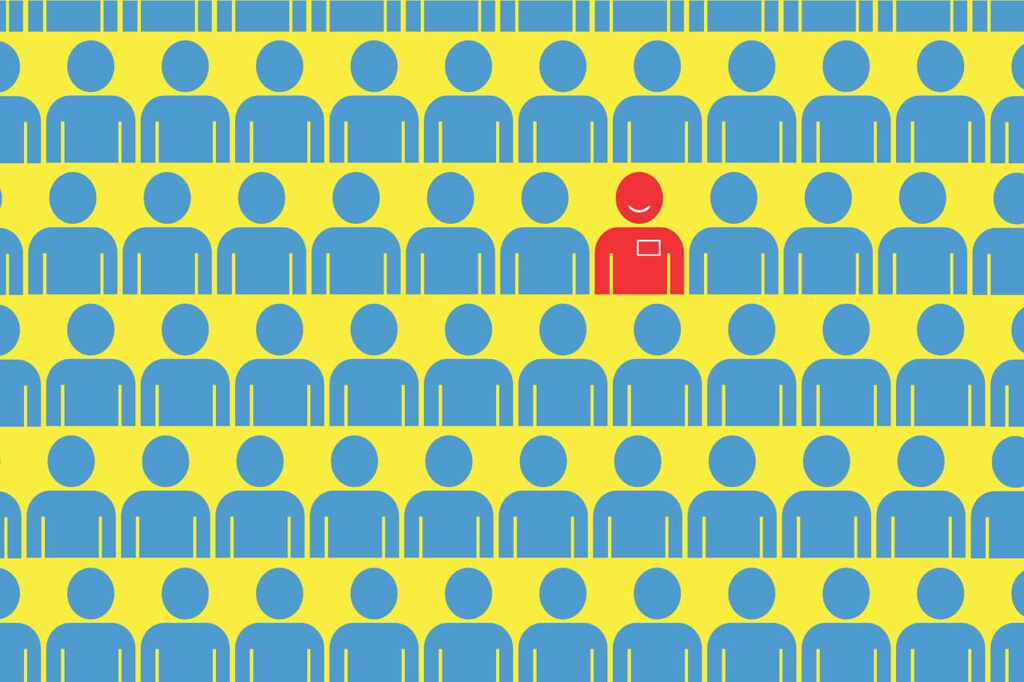[custom_frame_center] [/custom_frame_center] How well do you behave in the workplace? Do you get along with your co-workers and manager? Have you been fired a time or two? Monster.com’s Margaret Steen wrote a blog called, “Eight Bad Work Habits — and How to Break Them.” It included a list of common bad habits and solutions to change them. The list included habits you have seen (or done) in the workplace, including poor personal hygiene, lack of planning, and showing up late. Most of the habits had a common theme – varying levels of selfishness.
[/custom_frame_center] How well do you behave in the workplace? Do you get along with your co-workers and manager? Have you been fired a time or two? Monster.com’s Margaret Steen wrote a blog called, “Eight Bad Work Habits — and How to Break Them.” It included a list of common bad habits and solutions to change them. The list included habits you have seen (or done) in the workplace, including poor personal hygiene, lack of planning, and showing up late. Most of the habits had a common theme – varying levels of selfishness.
If you assessed your workplace behavior, how would you rank? We’ll go old-school and use a commonly understood balanced list of vices and virtues – the seven deadly sins and their counterparts. The vices may seem interchangeable, as might the virtues. The list may seem extreme, but a few workplace examples show the link between the list and everyday behavior that may be overlooked and more serious than you think.
Lust – defined as a passionate or overmastering desire or craving. Usually linked to sexuality, this may also apply to your interest in a co-worker, extreme desire for a promotion or anything that gets in the way of a healthy interest in something. The opposite is chastity –also linked with sexuality, but is also defined as “free of obscenity, decent, undefiled or stainless.” In the workplace, this means no inappropriate jokes, conversations or Internet searches, following your company’s policy on interoffice dating and keeping your goals in perspective.
Gluttony – defined as greedy or excessive indulgence. If you work from home, is your productivity where it needs to be or are you using work time for other things? It doesn’t sound excessive, but when you start using your employer’s time for your own self-interests, it can become a habit. Temperance is moderation or self- restraint in action, statement, etc.; self-control. When you are in a team setting, do you respect others’ opinions or do you steamroll them into accepting your perfect idea? Self-restraint in the workplace is a must.
Greed – defined as a selfish and excessive desire. Did you throw a co-worker under the bus so you could get a promotion? Greed is often seen as the height of selfishness because it can manifest in so many ways. Charity – something that is given to someone in need, leniency in judging others; forbearance. Maybe you have a co- worker who is going through a divorce and it’s starting to affect her work life. Genuinely ask how she is doing and offer some help. It doesn’t have to be money; maybe your time and sympathetic ear are the real answers.
Sloth – defined as habitual disinclination to exertion; indolence; laziness. So how much time do you spend on Facebook at work? Don’t blame it on the ADHD. Engaging in excessive social media usage at work falls under the laziness category and may result in adding a social media policy in your company’s HR book. Or you may get fired. Diligence – Persistent effort. Further your continuing education, research a few colleagues’ white papers or attend a conference on mindfulness.
Wrath – defined as strong, stern, or fierce anger; deeply resentful indignation.
Maybe you’ ve seen a co-w orker scream at another co-w orker in the hallwa y . Y ou cringe, close your office door, and hope the intensity goes away. Or at least doesn’t enter your office. Frequent situations like this make the workplace feel like a time bomb. Everyone is uncomfortable and you wonder why your manager has not reined it in. Another definition may be more frightening: Vengeance or punishment as the consequence of anger. The national Office for Victims of Crime says workplace violence includes physical assaults, to robbery to homicide. Patience – An ability or willingness to suppress restlessness or anno yance when confronted with delay . Your co-worker has made the same point 10 times during a meeting…and you still have 10 other items on the agenda. This virtue applies to everyone, in every meeting and conference call…even at 5:00 on a Friday.
Envy – defined as a feeling of discontent or covetousness with regard to another’s advantages, success, possessions. We’re not talking about wanting the red stapler. This could show as serious envy of your co-worker’s promotion that destroys your friendship. Kindness – having, showing, or proceeding from benevolence. Write a kind note to your co-worker to say congratulations. You’ll both be glad you did.
Pride – defined as a high or inordinate opinion of one’s own dignity, importance, merit, or superiority, whether as cherished in the mind or as displayed in bearing, conduct. In that annual review, you talk up your qualitative and quantitative accomplishments. You omit the contributions of your teammates, without whom you would not have achieved all of those accomplishments. Humility – modest opinion or estimate of one’s own importance, rank. During a big presentation, include your co-presenters both in presentation time and in recognition. This shows the value of each co-worker.
Assessing behavior is subjective. In a working world where you have to be your own advocate, make a living and endure annual reviews, isn’t a level of selfishness (you could argue self-preservation) necessary? But let’s go back to our original question – how well do you behave in the workplace? What would your co-workers say about you? No one wants to go through a litany of his/her behaviors and target the cracks. It’s unpleasant, but that’s exactly what you ask your patients to do.
————————————-
By: Melissa Baysinger


